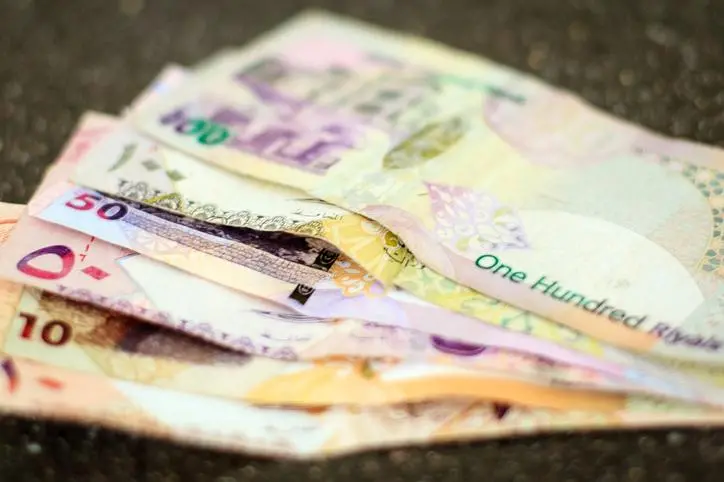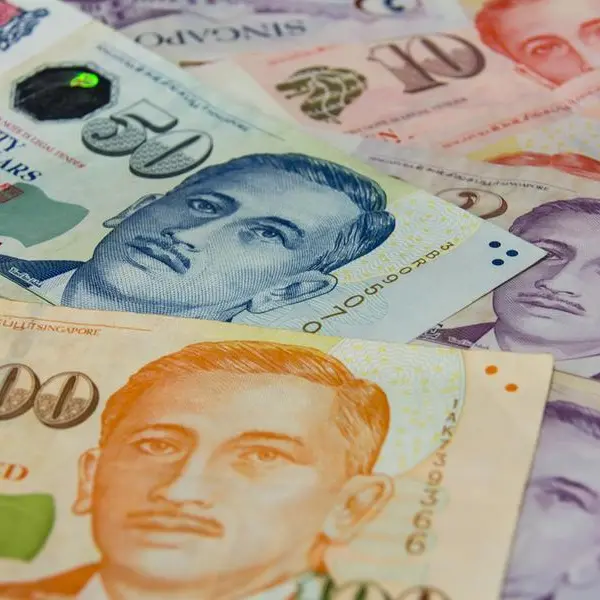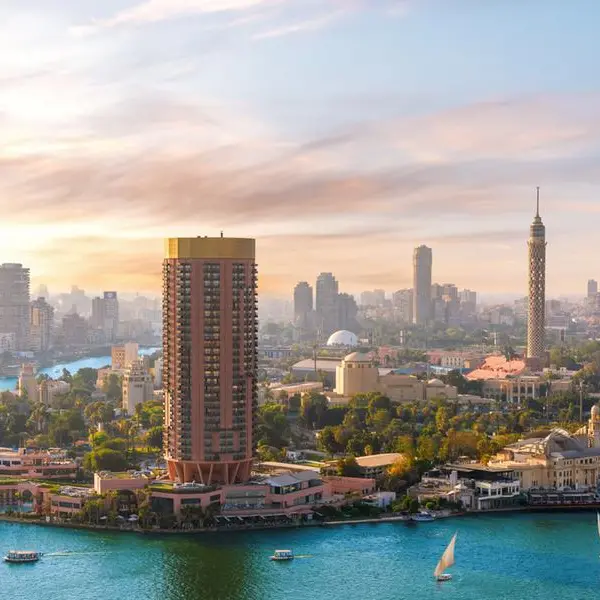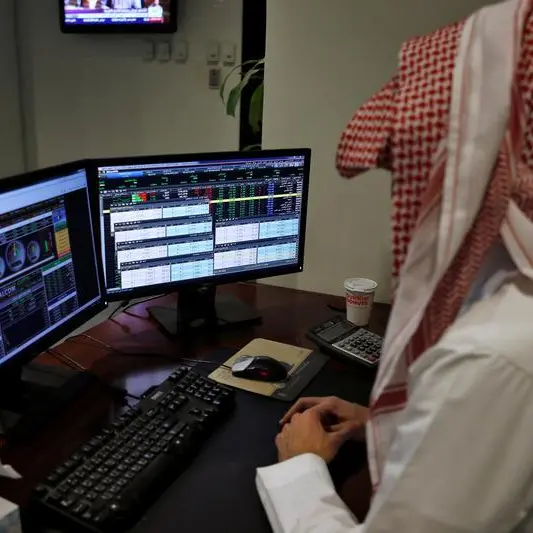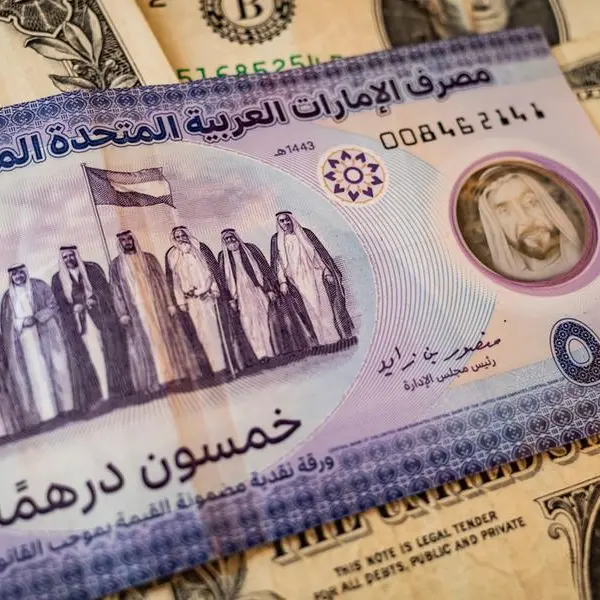PHOTO
Türkiye and Qatar saw the fastest growth in individual household wealth in local currency terms in 2023 as global wealth resumed its rising trend following the impacts of the pandemic and inflation.
Wealth per adult grew in Türkiye by 157% in local currency terms, with the low value of the lira playing a role, but it also grew by 63% in dollar terms.
Growth in Qatar and Russia was around 20% in local currency terms during the same period, the report showed.
Türkiye has seen the fastest growth in average wealth per adult in local currency terms since UBS’s report began in 2008, growing 1708% to 2023.
Samuel Adams, economist, UBS Global Wealth Management said at the launch of its annual Global Wealth Report that Qatar, which like other Gulf states has a dollar-pegged currency, saw one of the sharpest falls in household wealth during the pandemic.
The last few years, including 2023, have been a story of recovery, both for the economy and household wealth.
“This has meant that the growth rate of wealth in Qatar has been quite strong most recently, outpacing Saudi Arabia, which didn’t experience the same contraction in 2020, but has seen wealth stagnate last year, and similarly, the UAE saw some wealth growth last year but not as strongly as Qatar.”
The Qatar growth story is of a country returning to its previous trend rather than a sharp divergence with the rest of the region, Adams said.
Where will millionaires live in the next five years?
Going forward, Taiwan is forecast to see the fastest growth in the number of US dollar millionaires, with the number expected to grow by 47% to 1.158 million from 2023 to 2028, followed by Türkiye, which will see 43% growth to 87,000.
Russia will see its number of millionaires increase by 21% to 461,000 during the same period.
The UAE will see growth of 15% to 232,000, followed closely by Qatar at 14% growth to 30,000.
The Netherlands and the UK will see a decrease, by 4% to 1.179 million and by 17% to 2.542 million respectively.
Russia – wealth growing in local currency
Russia’s wealth fell in US dollar terms during 2023 after the rouble fluctuated more widely, reaching lows in March 2022 following the invasion of Ukraine.
While the country has faced challenges from Western sanctions, wealth per adult grew in local currency terms, which UBS attributed to the fact that a war economy does not necessarily disrupt household wealth.
Chief economist Paul Donovan said wealth is now increasingly a political focus because of structural changes and sudden windfalls being generated through innovation.
Global wealth resumed its rising trend in 2023, he said, having fallen from 2021 to 2022. The global wealth decrease in 2022 was one of only three occasions since the report began 15 years ago.
“Also as we see, regrettably in my view, the rise of economic nationalism, global capital flows, the movement of wealth around the world is also going to become more of a political focus,” he said.
One of the reasons wealth recovered in 2023 was related to exchange rates and the strength of the dollar, but even ignoring the effect of exchange rates, wealth still grew at a global average of 4.2%.
Europe, Middle East and Africa (EMEA) saw the fastest growth at 4.8%, followed by Asia Pacific at 4.4% and the Americas at 3.6%.
Adams said if 2022 was the year of economic upheaval, rising interest rates and depressed economic activity, but 2023 has seen a gradual return to normalisation.
Are millionaires leaving the UK for the UAE?
Western Europe accounts for 84% of wealth in the EMEA, and the region saw the overall wealth growth doubling the pre-pandemic average in 2023.
The UK is currently home to a disproportionately large number of millionaires, Donovan said, for the size of its economy, which will change as a redistribution of wealth gets under way.
Constraints on global capital flows around the world will give rise to a shift that will overwhelm the natural rise in millionaires, and in the UK, the unnaturally high number will be offset, he said.
While nothing causes the wealthy to leave a country, the UK is a case of push and pull, with factors including implications from sanctions against Russia causing a shift in population and changes to non-domiciled tax having had a small effect.
“The non-indigenous millionaire population will be looking for low tax policies all the time, and that’s not a function of UK policy, but a factor of the pull factors of other countries, be that Dubai or Singapore or elsewhere,” Donovan said.
(Reporting by Imogen Lillywhite; editing by Seban Scaria)
